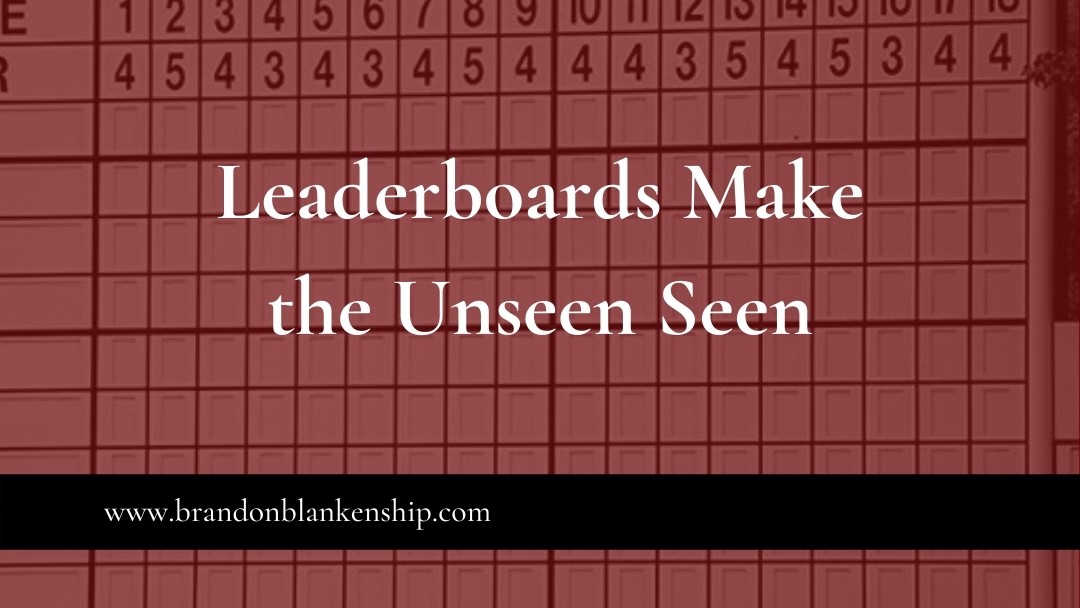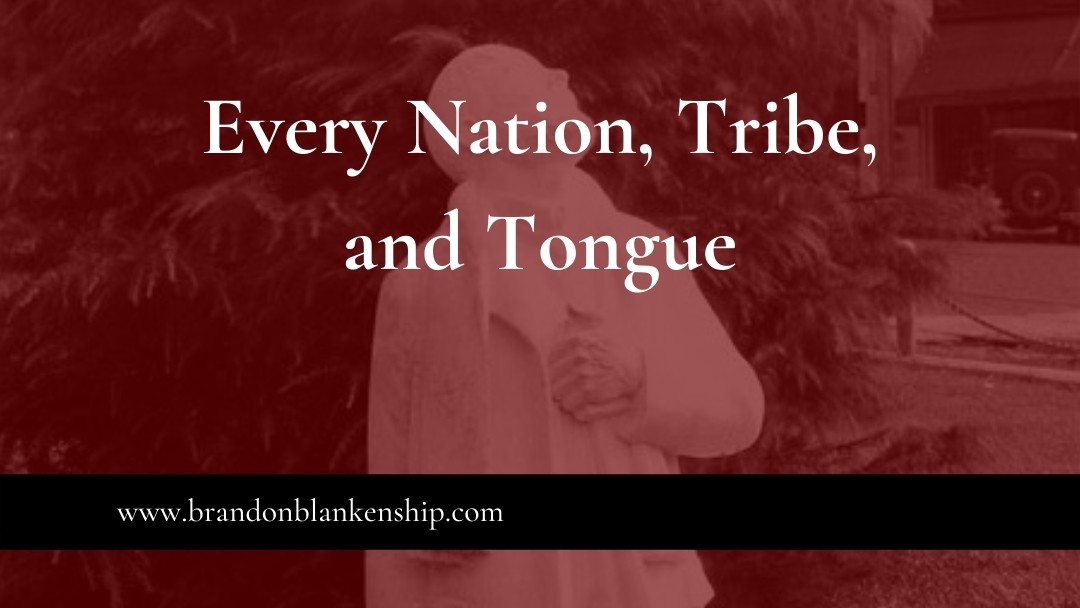
Leaderboards Make the Unseen Seen
I’m not sure that leaderboards are appropriate for children’s early development years
There is some value and leaderboards for children as they transition from child to adult. Leaderboards make seen something that is naturally happening to children but is unseen. It concretizes the experience of distribution so that they see what they have and will experience in the world around them.
As long as there is scarcity, there will be an ordering in society. Some will have more and some will have less.1 This may even be true, just less impactful in an abundant society. That is an exercise in futility to consider, however, because we know that during this age there will never be a society without poverty. And as long as there is poverty, there will be an ordering of society. Some will have more and some will have less.
And this ordering is not limited to money. Someone will always be safer, have more love and belonging, have more confidence and more self-actualization.
The question then becomes what are the reasons why certain people have more and certain people have less. And this is magnified around the breaking point for a sustainable life. It is magnified when we are considering who gets more food and who gets less. Who gets more water and who gets less? Who gets more healthcare and who gets less? Who gets clean air and it gets less? Who gets fuel for warmth in freezing temperatures and who gets less?
We know these questions are being considered because we hear them when people ask, “how come?” How come they get this and I don’t? How come they get that and I don’t? The hard answer to that question is complex. I can answer some of the parts of this question, but not all. At least three forces are at work: natural consequences, personability, and luck or blessing.
Leaderboards make the unseen, seen. When someone’s name is ordered on a leaderboard their position is ordered so they can clearly see where there are. Perhaps more importantly, the criteria for movement on the board is clear. If the person wants to change their position on the leaderboard, they need only follow the criteria.
In most of life, the leaderboard is unseen. The criteria for movement are not clear. A response might be to see the leaderboard as an object lesson for life. There is a leaderboard and there are undisclosed criteria for movement on the unseen leaderboard. Maybe it would be better to learn the skills to discover what the criteria are and change our place on the leaderboard rather than sit where we are and ask, “how come?”
###
- Inviting Human Flourishing Through Building Design - March 22, 2024
- The Message in Your Misfortunes - January 28, 2024
- The Right of Self-Determination - January 15, 2024
- See generally, Matthew 26:11 ↩

